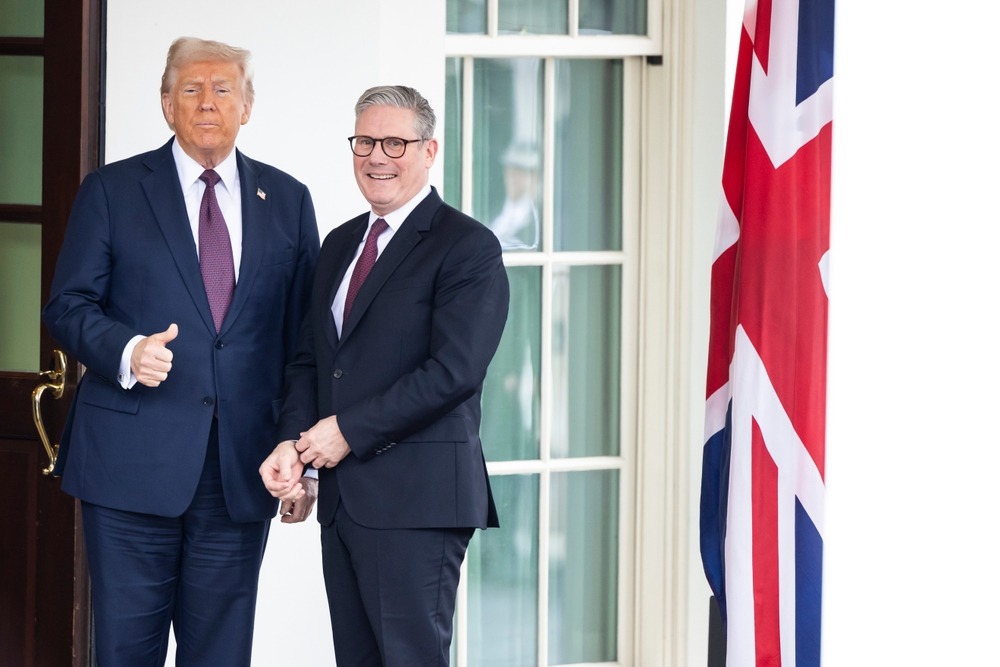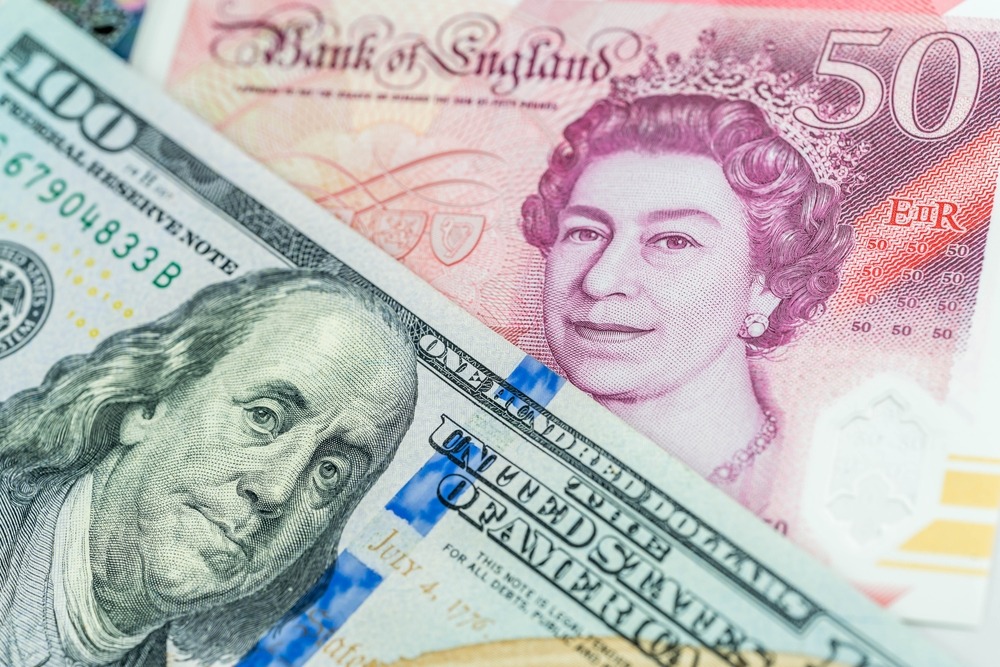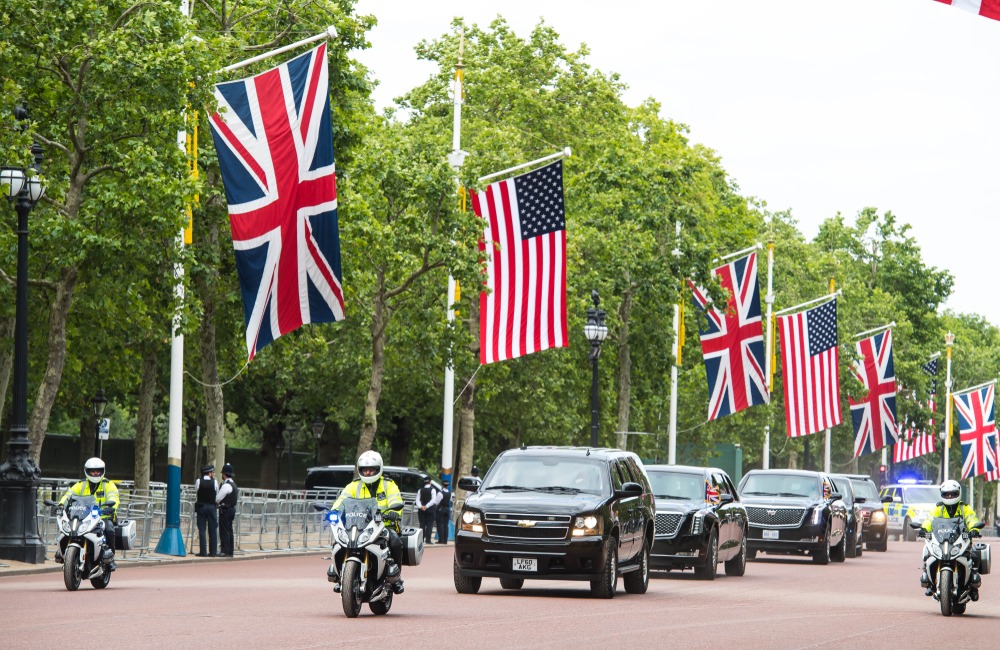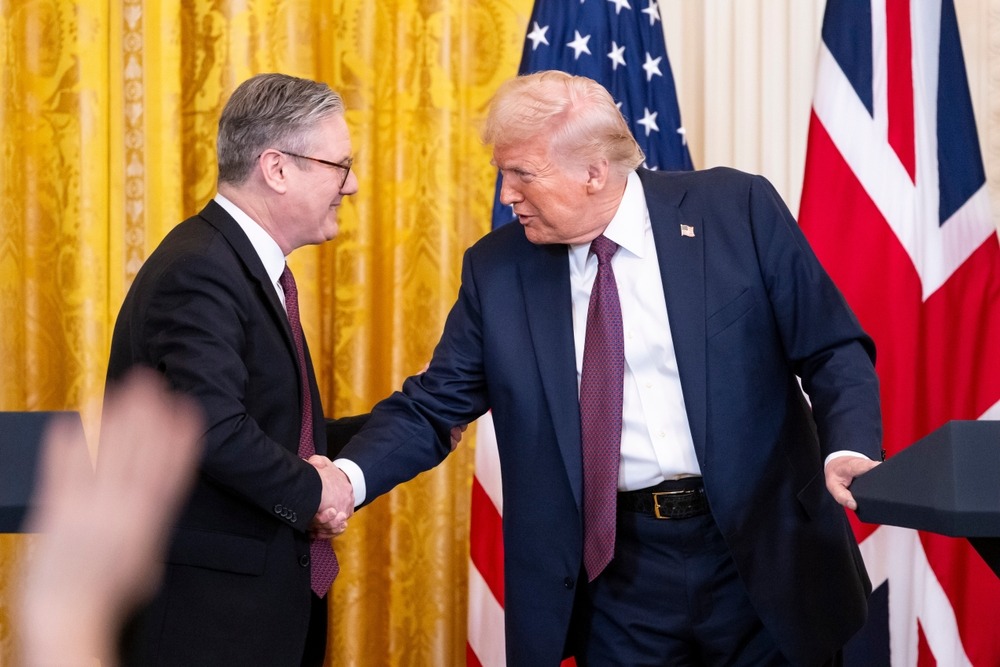UK Secures Tariff Deal With US, But At What Cost?
In a significant development for post-Brexit Britain, Prime Minister Sir Keir Starmer is expected to announce a breakthrough trade deal with the United States aimed at reducing tariffs. While this marks a win for British workers and businesses in urgent need of economic certainty, the circumstances surrounding the agreement have raised some eyebrows—and not without reason.
"The Prime Minister will always act in Britain's national interest—for workers, for business, for families," a Downing Street spokesperson said, emphasizing the pragmatic approach the government is taking.

The deal follows a wave of global tariffs imposed last month by US President Donald Trump, who has taken a characteristically combative approach to international trade since his return to the White House. These sweeping levies—designed to push countries into renegotiating trade relationships on his terms—sent governments scrambling to protect their economies before a 90-day grace period expires.
RELATED: Trump’s Hollywood Tariff Plan: A Misfire That Could Hurt U.S. Filmmakers Most.
In a social media post Wednesday night, Trump teased the announcement, writing that he would reveal a “major trade deal” with a “highly respected country.” While he didn’t name the UK directly, the implication was clear—and so was the tone. The subtext? If you want access to the American market, you play by Trump’s rules.
Since April 2, when Trump unveiled his new tariffs, the UK has been caught in the crosshairs. Despite our long-standing alliance, Britain was hit with a 10% blanket global tariff and continues to face a 25% US import tax on steel, aluminium, and automobiles. While we were spared the harsher “reciprocal” tariffs aimed at other trading partners, the message was unmistakable: no one is immune.

Reports suggest Washington is nearing similar deals with India and Israel, and is deep in negotiations with Japan, South Korea, and Vietnam. The Trump administration appears intent on reshaping global trade into a series of bilateral wins, no matter the diplomatic bruising involved.
Meanwhile, tensions between the US and China remain high. Both nations are preparing for critical trade talks in Switzerland from May 9 to 12, their first major interaction since Trump’s inauguration. With tariffs reaching up to 145% on Chinese goods and Beijing retaliating with levies of up to 125% on US imports, the stakes are enormous.
RELATED: US Strikes Controversial Deal for Slice of Ukraine's Rich Resources.
Elsewhere, the UK has found success on more comfortable terms—earlier this week, a new trade agreement was signed with India. This deal will ease UK exports of whisky, cars, and other goods while reducing duties on Indian clothing and footwear entering Britain.
Still, today’s expected announcement with the US feels different. There’s relief, yes—but also a certain unease. The UK has secured a deal, but it has done so by racing to meet Trump's deadline and under his conditions. For a country that once led empires and helped draft the rules of global trade, it’s hard not to feel that we’ve had to bend more than we’d like.

Yet amid these mixed emotions, there is room for hope. Britain is still a respected player on the world stage, capable of negotiating meaningful agreements even in turbulent times. This deal may not feel entirely on our terms, but it provides a foundation from which to grow—and perhaps, next time, with a little more leverage and a lot more dignity.














